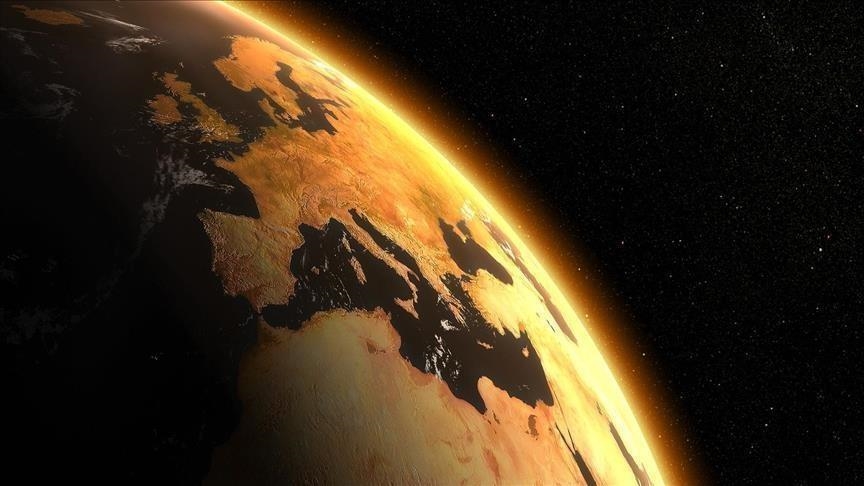 |
| Climate Change and Its Effects On The World |
Climate change refers to the long-term alteration of temperature and weather patterns on Earth. It is a result of increased levels of greenhouse gases, such as carbon dioxide, in the atmosphere, which trap heat and cause the planet to warm. The main cause of climate change is human activity, such as burning fossil fuels, deforestation, and industrial processes, which release large amounts of greenhouse gases into the atmosphere.
Effects of Climate Change:
The effects of climate change are far-reaching and varied, but some of the most significant impacts include:
Rising temperatures:
The Earth's average temperature has already risen by about 1.1 degrees Celsius since the Industrial Revolution, and it is expected to rise by another 1.5 degrees by 2040 if greenhouse gas emissions continue at their current rate. Higher temperatures can lead to more frequent heatwaves, which can be deadly, particularly for vulnerable populations such as the elderly and those with pre-existing medical conditions.
Extreme weather events:
Climate change can lead to more frequent and severe weather events, such as hurricanes, tornadoes, and typhoons, as well as more frequent and severe heatwaves and droughts. These events can cause widespread damage to infrastructure and homes, as well as disrupt essential services such as electricity and water.
Sea level rise:
The melting of glaciers and polar ice caps due to rising temperatures is causing sea levels to rise. This can lead to coastal flooding and erosion, which can threaten homes and infrastructure, as well as disrupt transportation and commerce. It can also lead to the loss of habitats for marine wildlife.
Changes to ecosystems:
Climate change can have significant impacts on ecosystems and the species that rely on them. Warmer temperatures and changing weather patterns can cause species to migrate or go extinct. This can lead to the loss of biodiversity and the disruption of entire ecosystems.
Negative impacts on agriculture:
Climate change can lead to drought and heatwaves, which can decrease crop yields and lead to food shortages. It can also lead to the spread of pests and diseases, which can further decrease crop yields.
Health impacts:
The effects of climate change can also have significant impacts on human health. Higher temperatures can increase the spread of diseases, such as malaria and dengue fever, as well as heat-related illnesses. Extreme weather events can also lead to injuries and fatalities.
There are many ways that individuals and societies can work to mitigate the effects of climate change and reduce greenhouse gas emissions. These include using clean energy sources, such as solar and wind power, conserving energy, reducing deforestation, and adopting environmentally-friendly practices in agriculture and transportation.
Governments and international organizations can also play a role in addressing climate change by implementing policies and regulations that reduce greenhouse gas emissions, such as carbon pricing and the phase-out of fossil fuels.
While the challenges of climate change are daunting, it is not too late to take action to mitigate its effects. By working together and taking proactive measures, we can protect the planet and ensure a healthy and sustainable future for all.
No comments:
Post a Comment